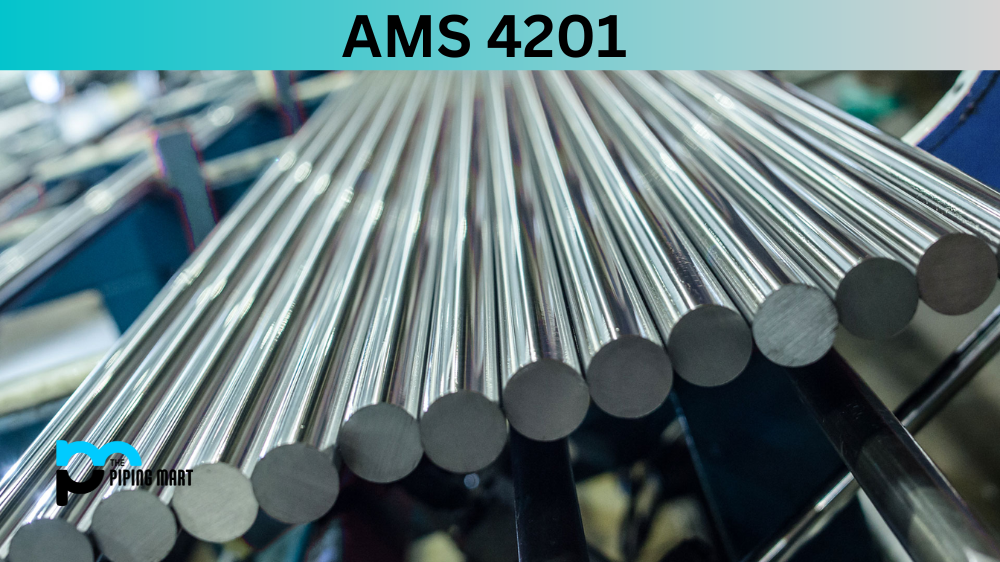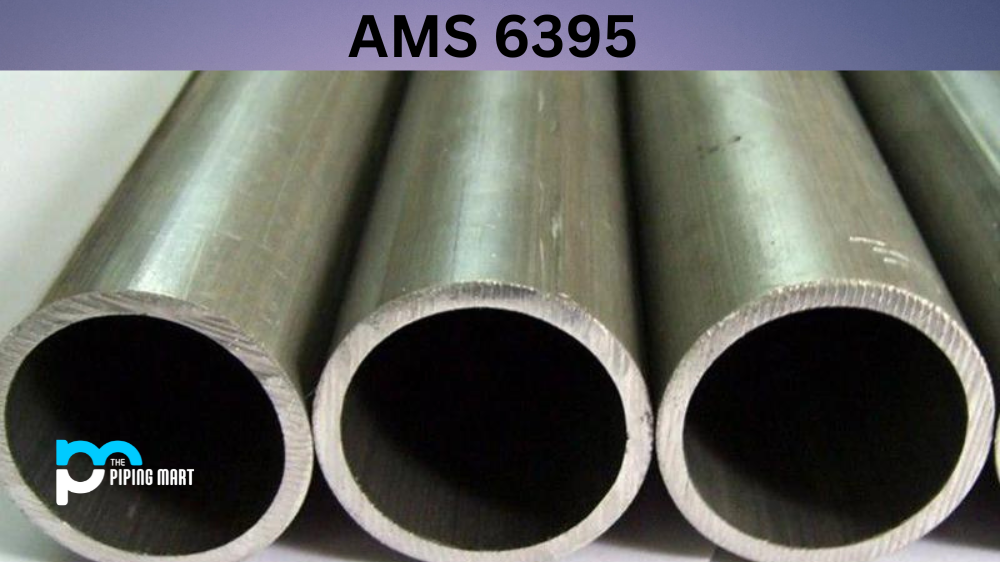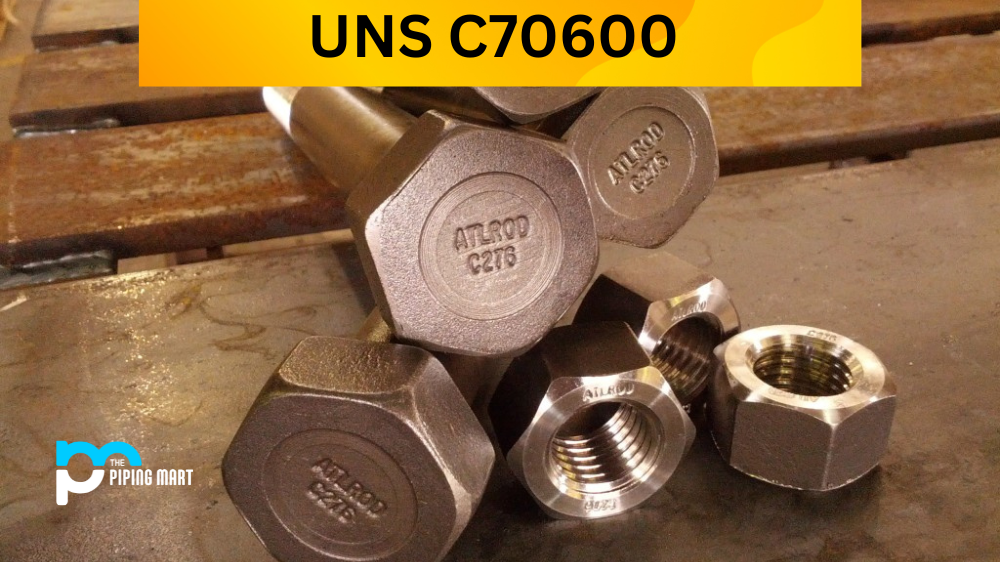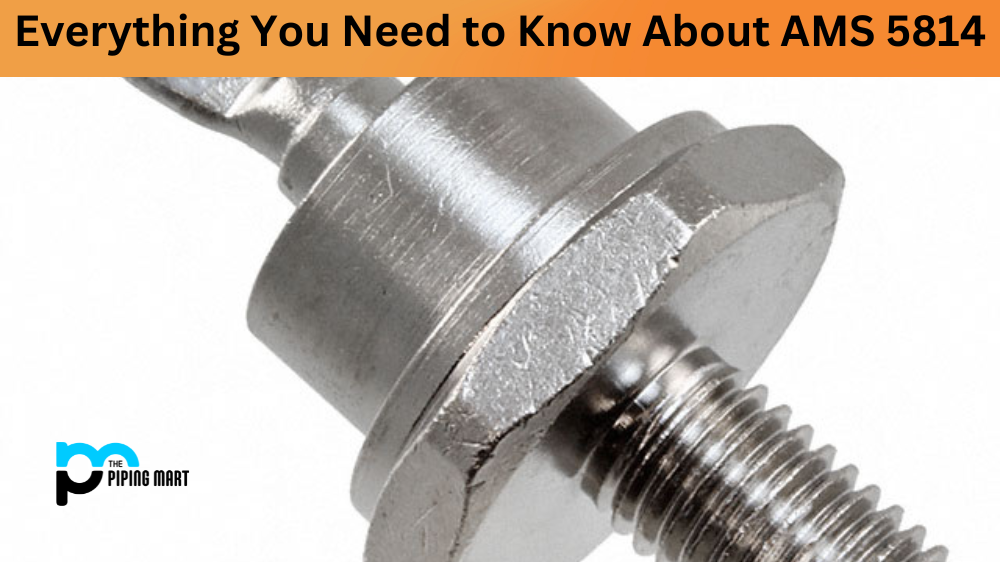AMS 4201 is a high-strength alloy steel that is widely used in various industries, including aviation, automotive, and defence. Its excellent physical and mechanical properties make it an ideal material for structural applications that require strength, toughness, and durability. In this article, we will explore the composition, properties, and uses of AMS4201 and its hardness and heat treatment process.
What is AMS 4201?
AMS 4201 (also known as 7050 Aluminium Alloy) specifies an alloy powder that’s been gaining popularity in the aerospace and engineering industries. Made from a complex blend of different metals, AMS4201 offers an impressive combination of strength, durability, and lightness that’s hard to beat. Whether you’re building rockets, aeroplanes, or other specialized equipment, this alloy has become a go-to choice for many engineers who are looking to push the limits of what’s possible. With its exceptional properties and versatile applications, AMS 4201 material has quickly become a key component in many cutting-edge projects, helping to advance our understanding of science and technology in new and exciting ways.
What Form is AMS 4201 Available at Piping Mart?
- Pipes
- Tubing
AMS 4201 Composition
AMS 4201 T7451 is an alloy steel composed of iron, carbon, manganese, silicon, nickel, chromium, and molybdenum. Its chemical composition is controlled to ensure consistent quality and properties. For instance, the carbon content is limited to a maximum of 0.15% to improve weldability and prevent brittleness. The nickel and chromium content enhance corrosion and oxidation resistance, while molybdenum improves strength and toughness at higher temperatures.
| Element | Content (%) |
|---|---|
| Aluminum, Al | 87.3 – 90.3 |
| Zinc, Z | 5.7 – 6.7 |
| Copper, Cu | 2.0 – 2.6 |
| Magnesium, Mg | 1.9 – 2.6 |
| Zirconium, Zr | 0.08 – 0.15 |
| Iron, Fe | ≤ 0.15 |
| Silicon, Si | ≤ 0.12 |
| Mangnese, Mn | ≤ 0.10 |
| Titanium, Ti | ≤ 0.06 |
| Chromium, Cr | ≤ 0.04 |
AMS 4201 Physical Properties
AMS 4201 T7451 has excellent physical properties that make it suitable for demanding applications. Its density is 7.85 g/cm3, which is comparable to that of other alloy steels. Its thermal conductivity is 45.9 W/mK, so it can transfer heat efficiently. Its coefficient of thermal expansion is 11.7 µm/m·°C, which means it can withstand thermal stresses. Its electrical conductivity is 30% IACS, which means it conducts electricity moderately well.
| Property | Metric | Imperial |
|---|---|---|
| Density | 2.6-2.8 g/cm3 | 0.0939-0.101 lb/in3 |
| Melting Point | 494°C | 920°F |
AMS 4201 Mechanical Properties
AMS 4201 sheet is renowned for its exceptional mechanical properties due to its composition and heat treatment. Its ultimate tensile strength is 160 ksi, which means it can withstand high stress before breaking. Its yield strength is 140 ksi, which means it can resist plastic deformation before breaking. Its elongation at break is 12%, which means it can deform before breaking. Its impact strength is 27 J, which means it can absorb energy before breaking.
| Property | Metric | Imperial |
|---|---|---|
| Hardness, Brinell | 140 | 140 |
| Hardness, Knoop | 177 | 177 |
| Hardness, Rockewell A | 51.6 | 51.6 |
| Hardness, Rockwell B | 84 | 84 |
| Hardness, Vickers | 162 | 162 |
| Ultimate Tensile Strength | 524 MPa | 76000 psi |
| Tensile Yield Strength | 469 MPa | 68000 psi |
| Elongation at Break | 11% | 11% |
| Modulus of Elasticity | 71.6 GPa | 10400 ksi |
| Poisson’s Ratio | 0.33 | 0.33 |
| Shear Modulus | 26.9 GPa | 3900 ksi |
| Shear Strength | 303 MPa | 44000 psi |
AMS 4201 Equivalents
- AMS 4108
- AMS 4201
- ASTM B247
- ASTM B316
- QQ A-430
AMS 4201 Specifications
- AMS 4050: 7050-T7451 Plate
- AMS 4107:7050-T74 Die Forging
- AMS 4108:7050-T7452 Hand Forgings
- AMS 4201: 7050-T7651 Plate
- AMS 4333: 7050-T7452 Forgings
- AMS 4340: 7050-T76511 Extrusions
- AMS 4341: 7050-T73511 Extrusions
- AMS 4342: 7050-T74511 Extrusions
- ASTM B247
- ASTM B316
- QQ A-430
- DMS-2233
- BMS 7-323
AMS 4201 Uses
AMS 4201 T7451 is used in many applications that require high strength, toughness, and durability. It is commonly used in the aviation industry to manufacture aircraft parts such as landing gear, engine mounts, and structural components. It is also used in the automotive industry to manufacture suspension systems, steering components, and drive shafts. It is used in the defence industry to manufacture tanks, armoured vehicles, and missile components. Its versatility makes it a popular material in the manufacturing industry.
AMS 4201 Hardness
The hardness of AMS 4201 depends on its heat treatment process. The material can be hardened by quenching and tempering, which involves heating it to a high temperature and rapidly cooling it in water or oil. This process changes the material’s microstructure, making it more resistant to wear and deformation. The hardness of AMS 4201 ranges from 38 HRC to 45 HRC, depending on the heat treatment process.
AMS 4201 Heat treatment
AMS 4201 tubes is heat-treated to improve its properties, including hardness, toughness, strength, and durability. Heat treatment involves heating the material to a specific temperature, holding it at that temperature for a specific time, and then cooling it slowly or rapidly. The process can be divided into four stages: annealing, normalizing, quenching, and tempering. Each stage has a particular purpose and effect on the material properties.
Conclusion:
In conclusion, AMS 4201 material is a high-strength alloy steel with excellent physical and mechanical properties for demanding applications. Its unique composition and heat treatment process makes it one of the most popular materials in the manufacturing industry. Understanding its composition, properties, and uses can help manufacturers choose the right material for their applications and ensure consistent quality and performance.

Pipingmart is a B2B portal that specializes in metal, industrial and piping items. Additionally, we share the latest information and information about materials, products and various types of grades to assist businesses that are involved in this business.




